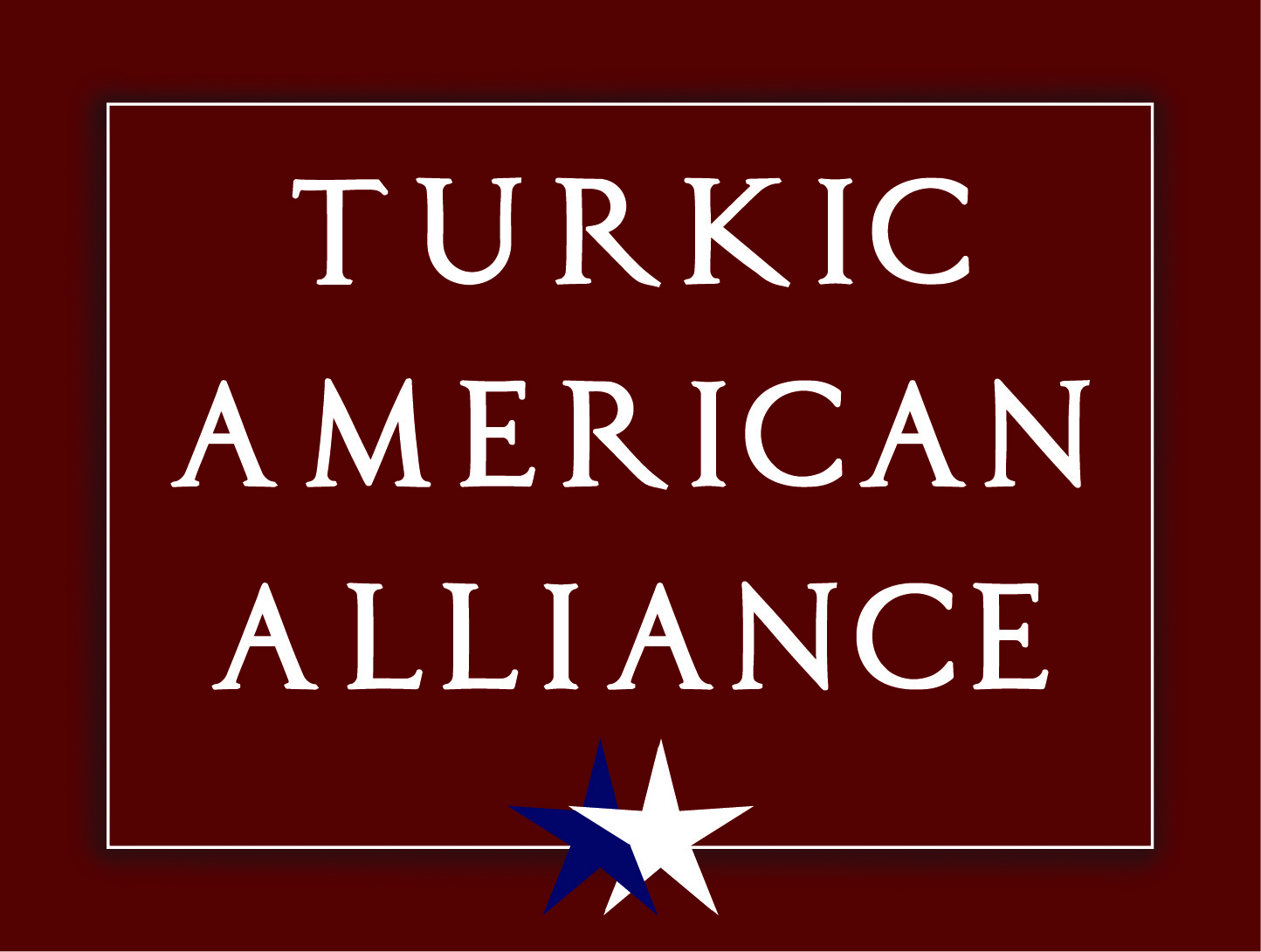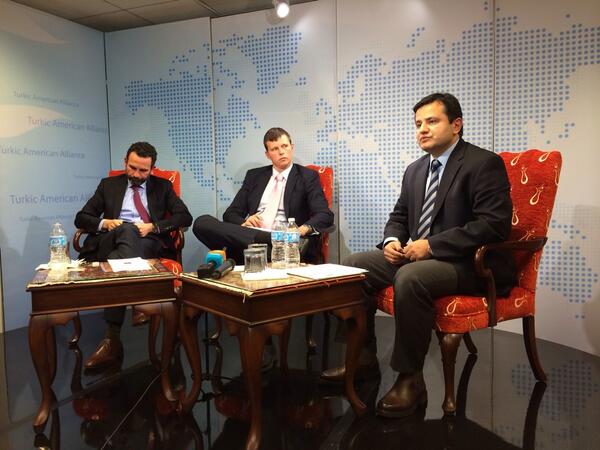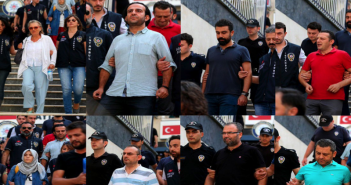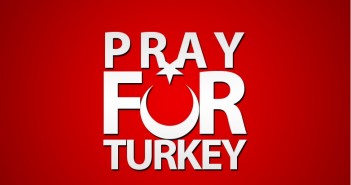On Thursday, January 16th, the Rethink Institute hosted a panel discussion entitled, “Corruption Scandal and Political Crisis in Turkey: What’s Next?” Panelists included Dr. Joshua W. Walker, Dr. Ömer Taşpinar and Dr. Fevzi Bilgin.
Dr. Joshua W. Walker
Transatlantic Fellow, German Marshall Fund of the United States
Fellow, Truman National Security Project
According to Dr. Walker, the façade of the Turkish state is beginning to crumble. The Prime Minister’s leadership and oratorical style, as well as the government’s hard-lined and unsubstantiated stance that there is a parallel state operating today in Turkey, are major contributing factors to such deterioration.
Prime Minister Erdoğan is known as an emotional leader, and much of his political magnetism is owed to this, but his choice of language and targeting of friends has damaged his reputation considerably. While the Turkish propensity for conspiracy theories is understandable considering its past, the one that resonates today is particularly unsettling—that shadowy international actors, namely the Americans and Israelis, are currently meddling in Turkish affairs, and have meddled in the past—namely, the Gezi Park protests.
This paranoid rhetoric is particularly damaging for a variety of reasons. Turkey’s international standing increasingly gravitates away from being the “Muslim darling” of the West. It is instead becoming “casualty of its own success” marked by “overpromising” and “underdelivering.” Is the West now looking towards Iran as the Muslim model for democracy in the Middle East and as a Muslim superpower? Turkey’s hard-earned credentials seem to be up for review.
According to Dr. Walker, while a brash sense of confidence has always been a hallmark of the AK Party’s leadership style, it has now grown into a sense of arrogance in which anyone who speaks truth to power will be ignored at best or silenced at worst, and the value ascribed to admitting a mistake is weakness and vulnerability. Furthermore, 2014 will be difficult year in particular for Turkey as the Lira continues to depreciate on top of the already delicate current accounts deficit. In other words, trends in Turkey are moving in wrong direction.
With regards to the Hizmet, Dr. Walker described the movement as fundamentally non-political. This does not, however, necessarily exclude its supporters and/or sympathizers from engaging in politics. Then the AK Party first came to power, it did so within a coalition that included the Hizmet movement. Now, however, after years of what Dr. Walker could only best describe as characteristic of an abusive relationship, the Hizmet movement has finally decided that it has had enough and wants out.
Dr. Walker closed with a few suggestions and observations. First and foremost, Turkey should get back on track with the European Union accession process and stop its “naval gazing.” It is still a very powerful actor and maintains a strong civil society. Nonetheless, while Dr. Walker hopes for the best, he is prepared for the worst.
Dr. Ömer Taşpinar
Professor at National War College and John Hopkins University
Fellow at Brookings Institute
Dr. Taşpinar focused much of his presentation on the impact of the current Turkish government’s foreign policy. He also described the overall struggle facing Turkey as a political—not a democratic—one.
According to Dr. Taşpinar, it has grown increasingly difficult for Washington to describe Turkey as a model. The Turkish government worked so hard to establish working institutions, to flourish its democracy, to get itself on path to EU membership, and in working to resolve the “Kurdish problem.” All of these significant strides however, are slowly being reversed or neutralized by what Dr. Taşpinar refers to as an increasingly illiberal/failing democracy (according to European, not American definitions), in which individual rights and liberties, the rule of law and separation of power are subservient to a “populist authoritarianism” that reduces democracy to its elections and in which the will of the people is supreme. Absent from Turkey today is a system of checks and balances, an independent judiciary, a powerful legislative force and a powerful and independent media.
The cleavages of Turkish society have also been dramatically altered. No longer is society marked by the old guard of Kemalist/secularists propped by military top brass vs. Anatolian religious conservatism. Instead, in what Dr. Taşpinar refers to as the “post-Kemalist phase” of Turkey, the military elite is no longer politically relevant—it has been sidelined and emasculated. Instead, a new paradigm of social cleavages has emerged in which lines are drawn within the conservative bloc itself. Dr. Taşpinar wondered if the result of such political competition would be a more democratic Turkey.
But despite the triumph of civil supremacy over military tutelage, the AK Party is playing a dangerous game in threatening to work with the military top brass again in re-opening the infamous coup trials. Such a move would undo AK Party’s single biggest accomplishment in the past decade, maintained Dr. Taşpinar. That the military is also willing to work with AKP is interesting.
The AK Party and Hizmet first joined forces to go after elements within the military that were planning to overthrow the government. It is from here that the association of “Gulenists” judges derives. Today, however, the ruling party has turned this association on its head in order to feed the narrative of infiltration and parallel states vis-à-vis the Hizmet movement. It should come of no surprise that AKP/the Hizmet movement and the Turkish military are mutual existential threats in terms of the success or failure of political Islam. In joining forces to take down military tutelage, the Hizmet movement waged what Dr. Taşpinar called a “defensive jihad” in the judiciary. As soon as the military—both AKP and Hizmet’s existential enemy—was taken out of the picture, however, Dr. Taşpinar wondered is the absence of a common enemy was the precursor to the rift that is now painfully evident today within the conservative bloc.
Dr. Taşpinar surmised that elements within the Ministry of Interior and in the judiciary and intelligence communities sympathetic to the Hizmet movement next turned their attention to shadowy elements of deep state in Turkey involved in corruption and criminal networks vis-à-vis construction, tender fixing, drug deals, the PKK and even Turkish sports. This zeal and idealism, however, clashed with the pragmatic nature of AKP. While pragmatism is a necessary quality in a ruling government, clientelism, patronage networks and a growing bourgeoisie of party loyalists are not. By contrast, the Hizmet movement is a social movement that, by definition, avoids elections and voter accountability. Hizmet is an autonomous network that follows the laws of the countries within which it operates while also maintaining strict adherence to its conscious and ideals. Therefore, it is not politically tied to the AK Party or to any other party for matter.
Dr. Taşpinar finished with a few additional thoughts regarding Turkey’s political struggle. Its impact on the Turkish economy has been and will continue to be significant as risk analysts issue warnings about FDI and short-term capital flows in Turkey due to political instability and the absence of a political judiciary. On the other hand, the depreciation of the Turkish lira may have a neutralizing affect offset by the balance of its imports and exports. Dr. Taşpinar also believes there will be important impacts on the “Kurdish problem,” on civilian-military relations, and on the presidential and local elections in Turkey. To close, will the outcome of this political struggle be democracy? Dr. Taşpinar does not seem too optimistic.
Dr. Fevzi Bilgin
Executive Director at Rethink Institute
Dr. Bilgin addressed the prevailing conspiracy that Mr. Gülen is entirely behind the prosecution and police forces that launched the recent corruption investigations, and that Mr. Gülen and his followers constitute a parallel state that seek to remove the AK Party and the Prime Minister from power. Such a narrative would be almost comical if it wasn’t so self-serving to the interests of the ruling party in promoting the image of a new enemy to distract its base of supporters from extremely serious corruption. Dr. Bilgin maintained that the legitimacy of the Erdoğan government—not the AK Party as a whole—is eroding and that it seeks to take down the Gülen movement with them.
Dr. Bilgin also provided some brief background on the Hizmet movement to elucidate the aims and motivations of its followers and dispel the smear campaign it faces in its country of origin. The Gülen, or Hizmet as it now goes by, movement began in the early 1970s in Turkey with Mr. Gülen preaching values of service to the Turkish nation through quality and holistic education. Today, Mr. Gülen lives in Pennsylvania in self-imposed exile. His followers have spread his teachings to ever corner of Turkey and all around the world. Its fundamental aim is service to God through service to humanity. In fact, “hizmet” is the Turkish word for service.
At present, the Hizmet movement is composed of a large social network of educational institutions, business associations, media elements, non-governmental organizations engaged in intercultural and interfaith dialogue, and many others supporting the movement in individual capacities. The network is active in most countries of the world and incorporates native manpower and resources. Hizmet works to incorporate and unify faith-based values with the requisites for a modern life, and seeks to nurture moral individuals who would choose peace over conflict, inclusion cover exclusion, and dialogue over monologue. Politically speaking, the movement subscribes to vales of democracy, pluralism and rule of law because it believes that these values will yield the best circumstances for individual flourishing in this day and age. In Turkey particularly, Hizmet sympathizers operate at every level of society, in the private and public spheres, and in the bureaucracy.
Dr. Bilgin closed by addressing prevailing dichotomist narratives surrounding Prime Minister Erdoğan and Mr. Gülen, and between the AK Party and Hizmet movement. Firstly, there was no sinister alliance originally between the AK Party and the Hizmet movement. Hizmet was very open and public in its support for the AK Party—as was the U.S. and the EU for that matter. Following 2011 with AKP’s triumph at the ballot box and the demilitarization of Turkish politics, however, the party began to feel entitled to a consolidation of power in the hands of a small oligarchy. Such entitlement was fed by a false perception of confidence and by a lack of meaningful political competition. A tide of resignations by AK Members of Parliament and Ministers (including a childhood friend) validated these concerns, citing a growing political and bureaucratic oligarchy within the government and the elimination of diverse and alternative voices within the party. Dr. Bilgin described this as the stepping-stones of a hybrid regime of autocracy and democracy.
To close, Dr. Bilgin maintained that, yes, there does indeed exist a parallel state within Turkey. It is a parallel state marked not by shadowy international forces conspiring against the ruling government, but by criminal wrongdoings, grafts, and shady dealings with Iran whose players and instigators attempt to suppress judicial independence and societal pluralism and other state institutions in its efforts to mask corruption charges.
For the future, Dr. Bilgin projects that while the upcoming elections in Turkey will be free and fair on paper, in theory they will be far from it. Free and fair elections require an environment open to honest and constructive debate and deliberation. Due to the current media situation in Turkey, however, this will be an impossible reality. Eight of Turkey’s major newspapers are pro-government—with five outright owned by the government and three voluntarily pro-government.
Local elections will take place in March, and presidential elections later in the summer.




